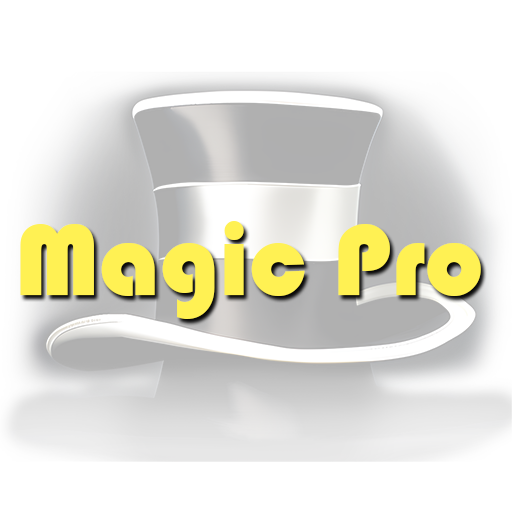The Psychological Traits of Magicians vs. Muggles
Recent research has cast a spotlight on the intriguing psychological landscape of magicians, challenging preconceived notions about creativity and mental health in artists. A study published in the 'BJPsych Open' journal by Cambridge University researchers has revealed that magicians tend to exhibit fewer traits associated with mental disorders compared to other artists, offering a unique perspective on the interplay between creative professions and psychological well-being.
The Study: A Deep Dive into Magicians' Minds
The study, led by psychologist and amateur magician Dr. Richard Wiseman, surveyed 523 magicians alongside a control group of 504 non-magicians. The research focused on examining two specific traits - psychoticism, which is loosely linked to a higher risk of mental health issues, and autism, associated with social and communication challenges. The participants' beliefs about creativity were also assessed to understand how these traits influenced their creative processes.
Key Findings: Magicians Less Prone to Mental Disorders

Contrary to the stereotypical view of artists grappling with mental health issues, the study found that magicians were less likely to exhibit traits linked to psychoticism. This finding is particularly intriguing, considering that creativity has often been romantically linked with mental health struggles in artists. The researchers speculate that the structured and rule-based nature of magic might attract individuals who prefer order and clarity over chaos and ambiguity.
The Autistic Traits: A Double-Edged Sword
Another significant finding was that magicians scored higher on measures of autistic traits compared to the general population. While these traits might pose certain social challenges, they could also contribute to magicians' success. The attention to detail, deep focus, and systematic thinking associated with autism could be advantageous in learning and perfecting complex magic tricks.
Creative Beliefs: The Magic of Hard Work Over Natural Talent
The study also delved into magicians' beliefs about creativity. It emerged that magicians are more inclined to view creativity as a product of hard work and practice rather than innate talent. This belief aligns with the demanding nature of magic, which requires rigorous practice and precision.
Implications: Rethinking Creativity and Mental Health
These findings have significant implications for how we perceive the relationship between creativity and mental health. The study suggests that creative success does not necessarily correlate with mental health struggles. It also highlights the diverse ways in which different artistic fields can attract and nurture various psychological traits.
A New Perspective on the Art of Illusion

This research not only sheds light on the unique psychological profile of magicians but also challenges traditional views on creativity and mental health. The meticulous, practice-driven world of magic offers a fascinating contrast to other art forms typically associated with emotional expression and spontaneity. As we continue to explore the complex relationship between the mind and creativity, studies like this provide valuable insights into the diverse tapestry of the human psyche and its expression through art.

